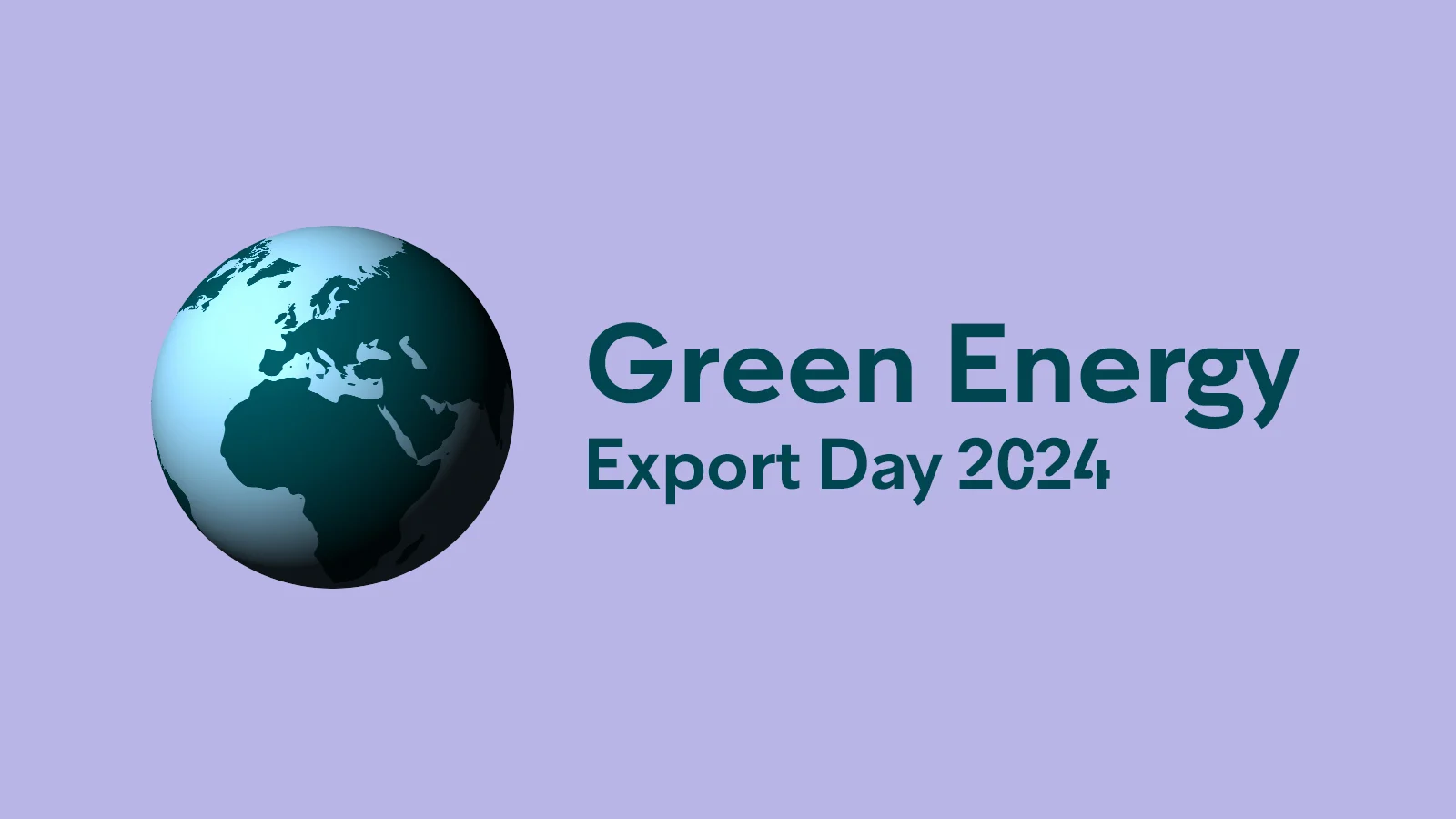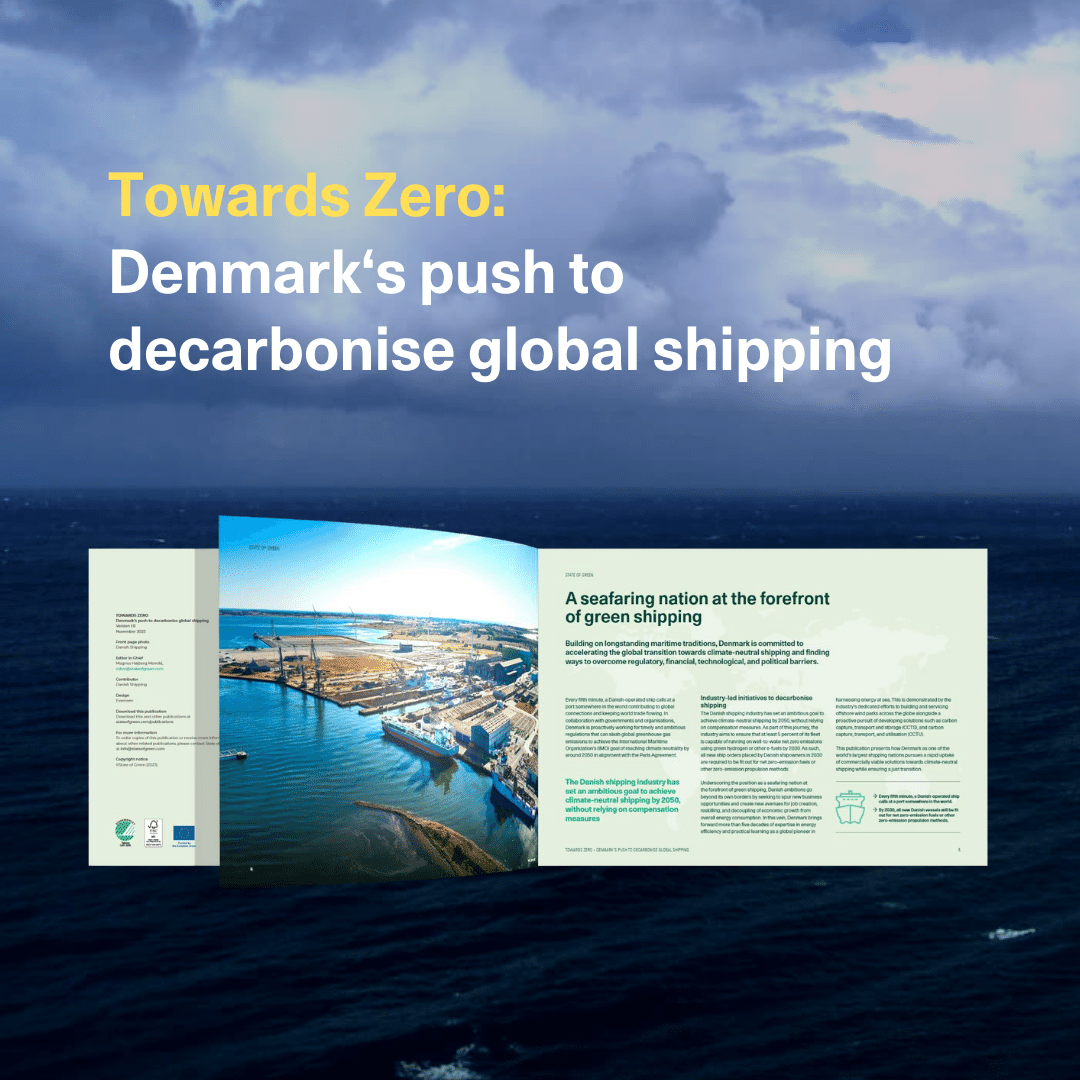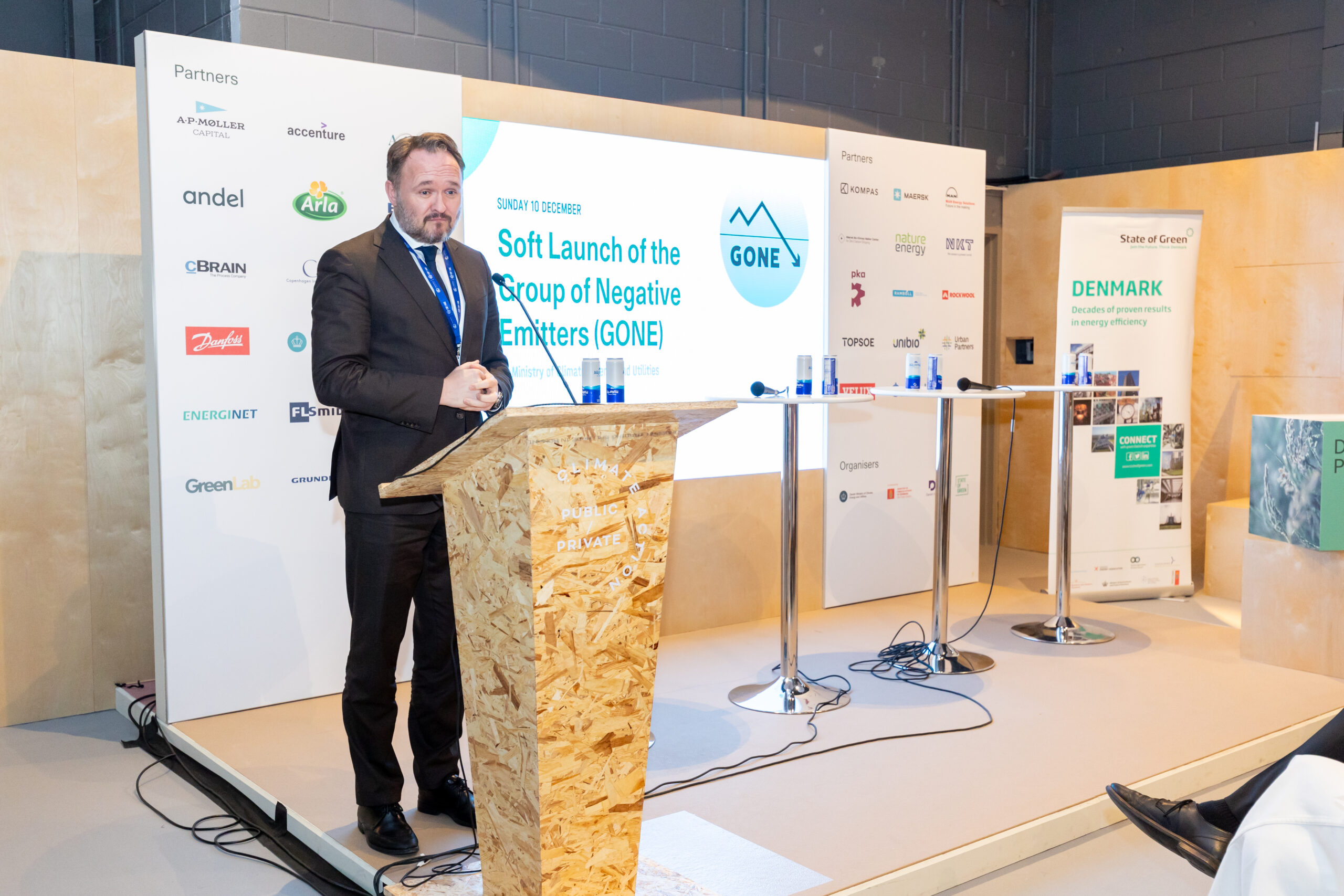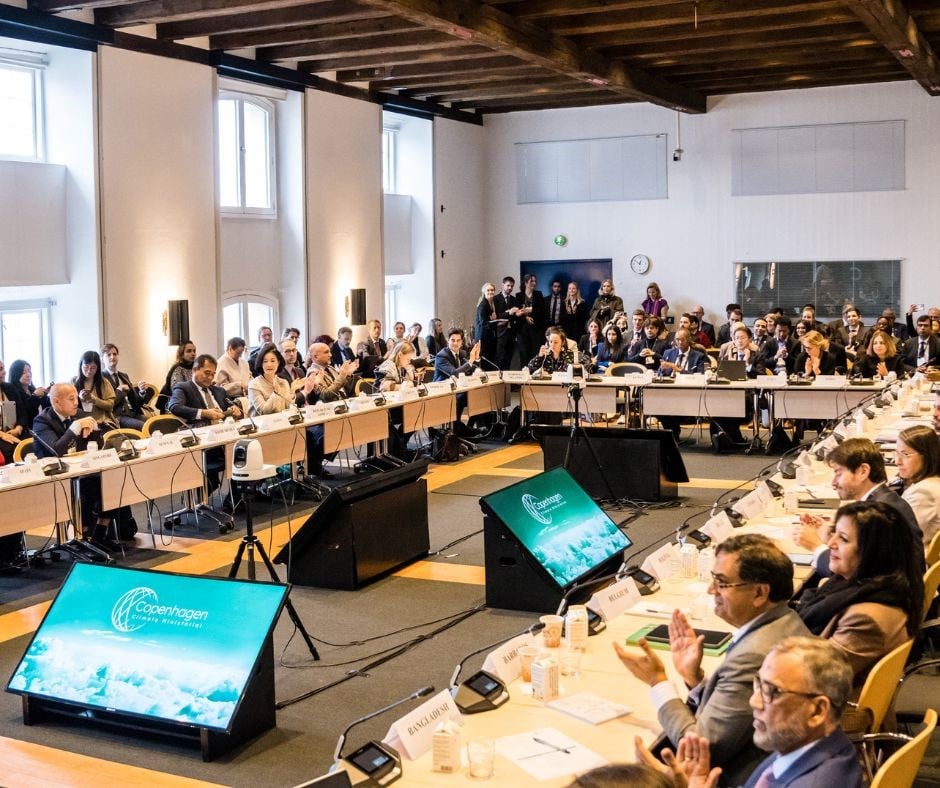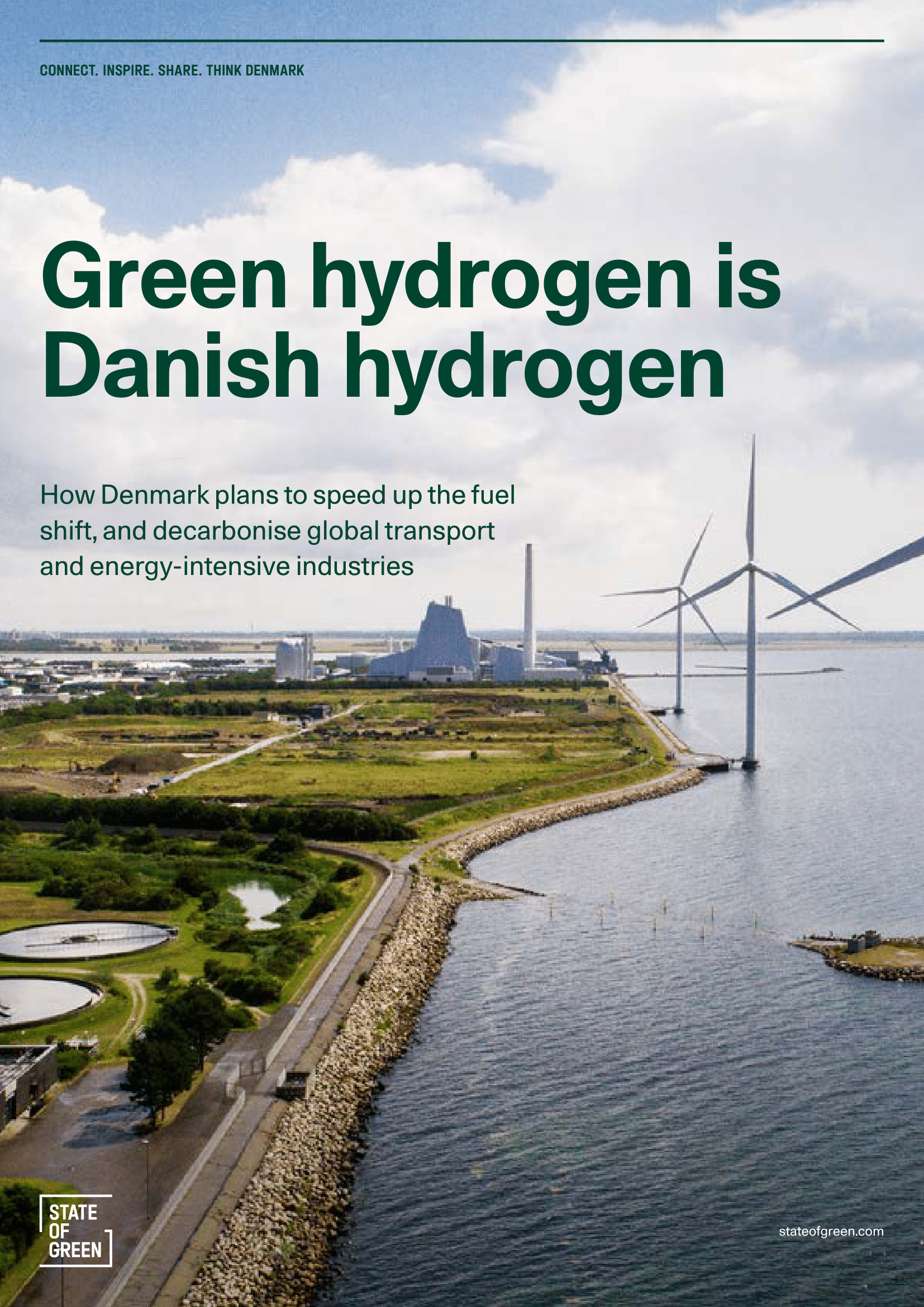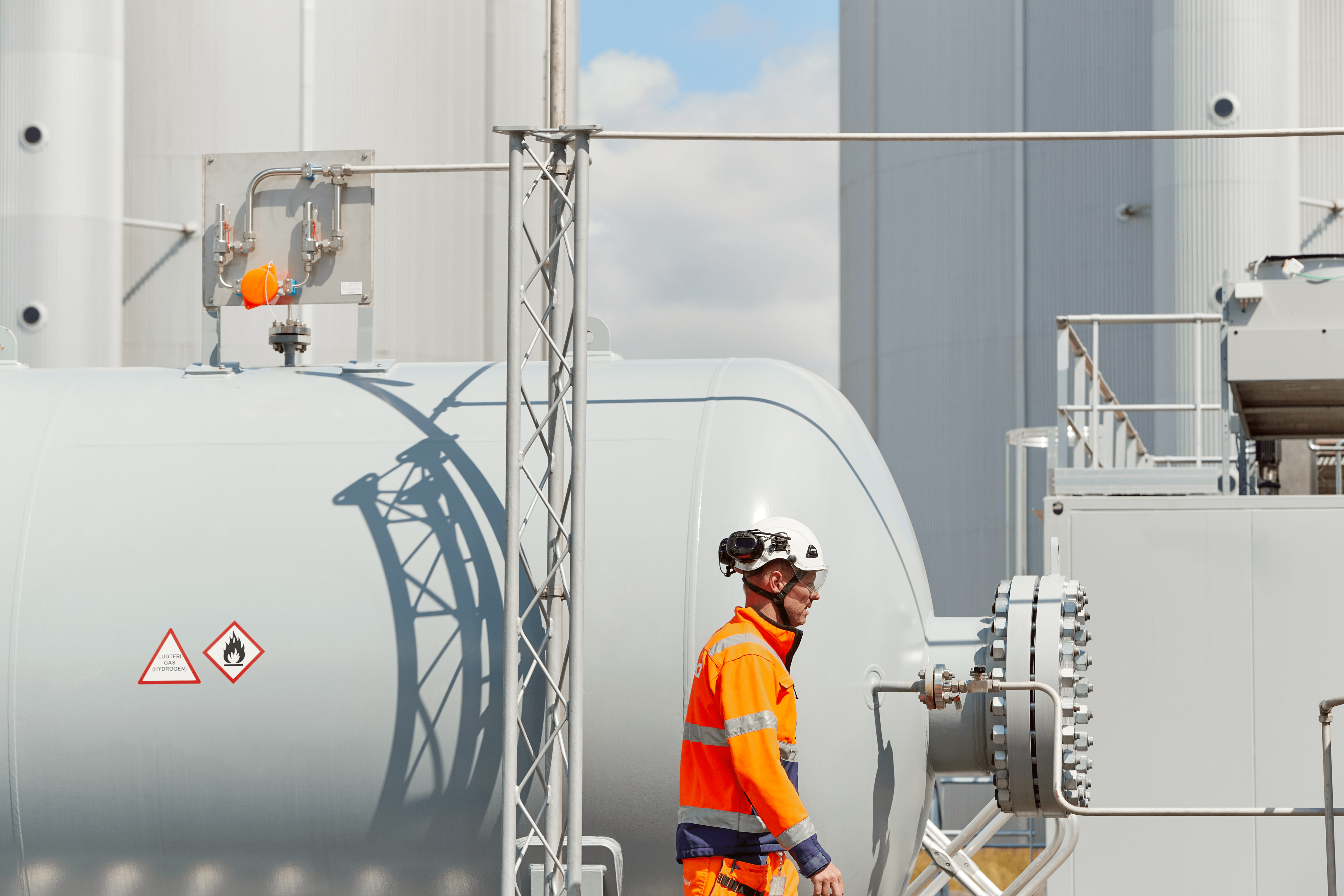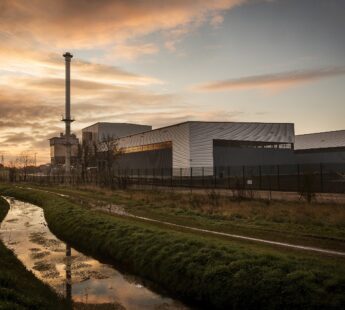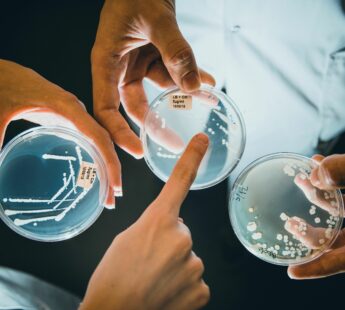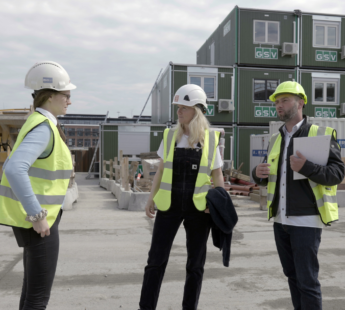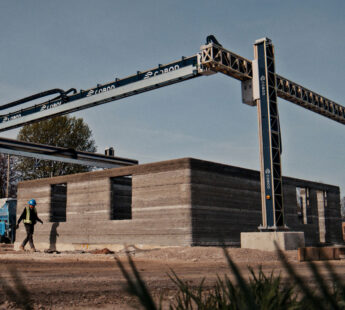Danish Minister for Climate, Energy, and Utilities, Dan Jørgensen:
This is huge. By taking the first steps, Denmark and Belgium are leading the way for a model on how to enable the cross border transportation of CO2 with the purpose of permanent geological storage. Denmark has a strong wish to not only realise our own national goal of net zero by no later than 2050, but also pave the way for a greener Europe. With this arrangement, we are one step closer to reaching this goal.
Belgian federal Deputy Prime Minister and Minister of the North Sea, Vincent Van Quickenborne:
The development of new methods to reduce carbon emissions is of vital importance for the future of our planet. The sea can play a key role in this. Not only has it always been very important for regulating our climate. But it also provides possibilities for carbon capture and storage. Our Belgian industry is largely involved in this. Beginning of April, the European Commission signed an investment agreement of 356 million euros for the Kairos@C-project. An initiative from chemical companies in Antwerp to develop the infrastructure to capture carbon emissions and to store the carbon in depleted oil and gas fields. The aim is to reduce the emissions in the next ten years by 14 million tons. This is a promising technology. By signing this Memorandum of Understanding, Belgium gives effect to the London Protocol, providing the international legal framework for transboundary CCS.
Flemish Minister of Environment and Energy, Zuhal Demir:
The capture, storage and reuse of CO2 will play an important role in the future of Flanders, in addition to the continuation of our strong policy on renewable energy and well-thought-out energy efficiency measures. Various companies in Flanders are already focusing on the rollout of CCUS to reduce their footprint. This intense cooperation between Flanders and Denmark supports and stimulates these developments.
Read more about the agreement here.



